Type
Plato principal
People
35 minutos
Time
4 presonas
Artisan Foods are products whose chief characteristic is the raw materials used in their preparation, which are of the highest quality and come in their most natural state, because natural processes are respected or imitated in production of this food and the use of additives which simulate the natural raw materials or increase shelf life at the expense of the virtues of the product is restricted.
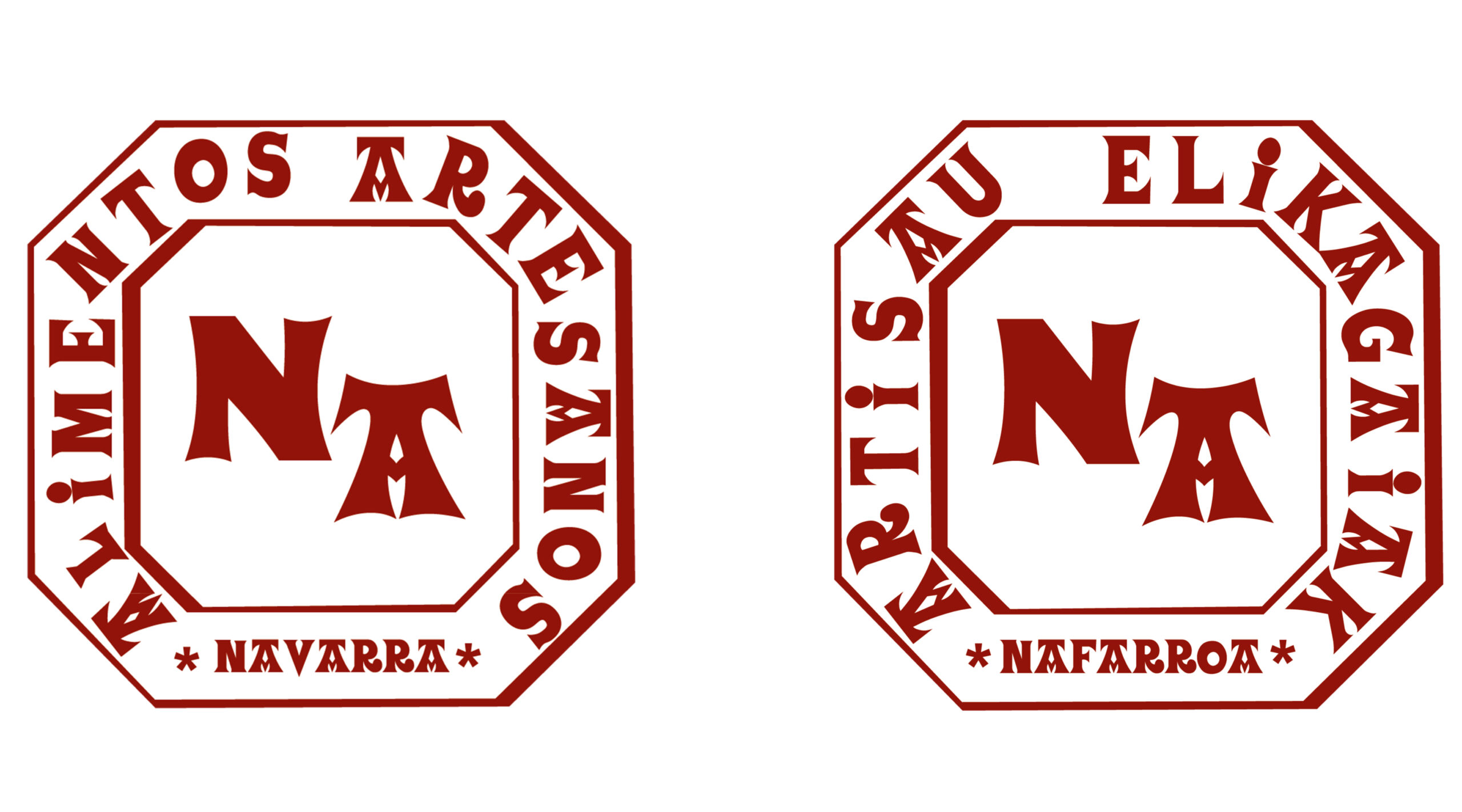
The Artisan Foods label certifies both intrinsic characteristics of the product which differentiate it qualitatively from other products of the same kind regulated as normal food and specific characteristics of traditional products which are not covered by Spanish or EC legislation.
Products with the Alimentos Artesanos Navarra logo must be included in the Register of Artisan Agri-food Trades and each trade is regulated by Specific Artisanal Technical Standards.
The Trades cover all kinds of products, from vegetables and meat derivatives to drinks, honey, pastries, confectionery, cakes, frozen bread, prepared meals, extra virgin olive oil and preserves.
They are genuine, authentic, traditional products. Acquiring an Artisan Food means reconnecting with what is natural, rediscovering flavours and aromas which, particularly if you are more elderly, you tasted in your childhood.
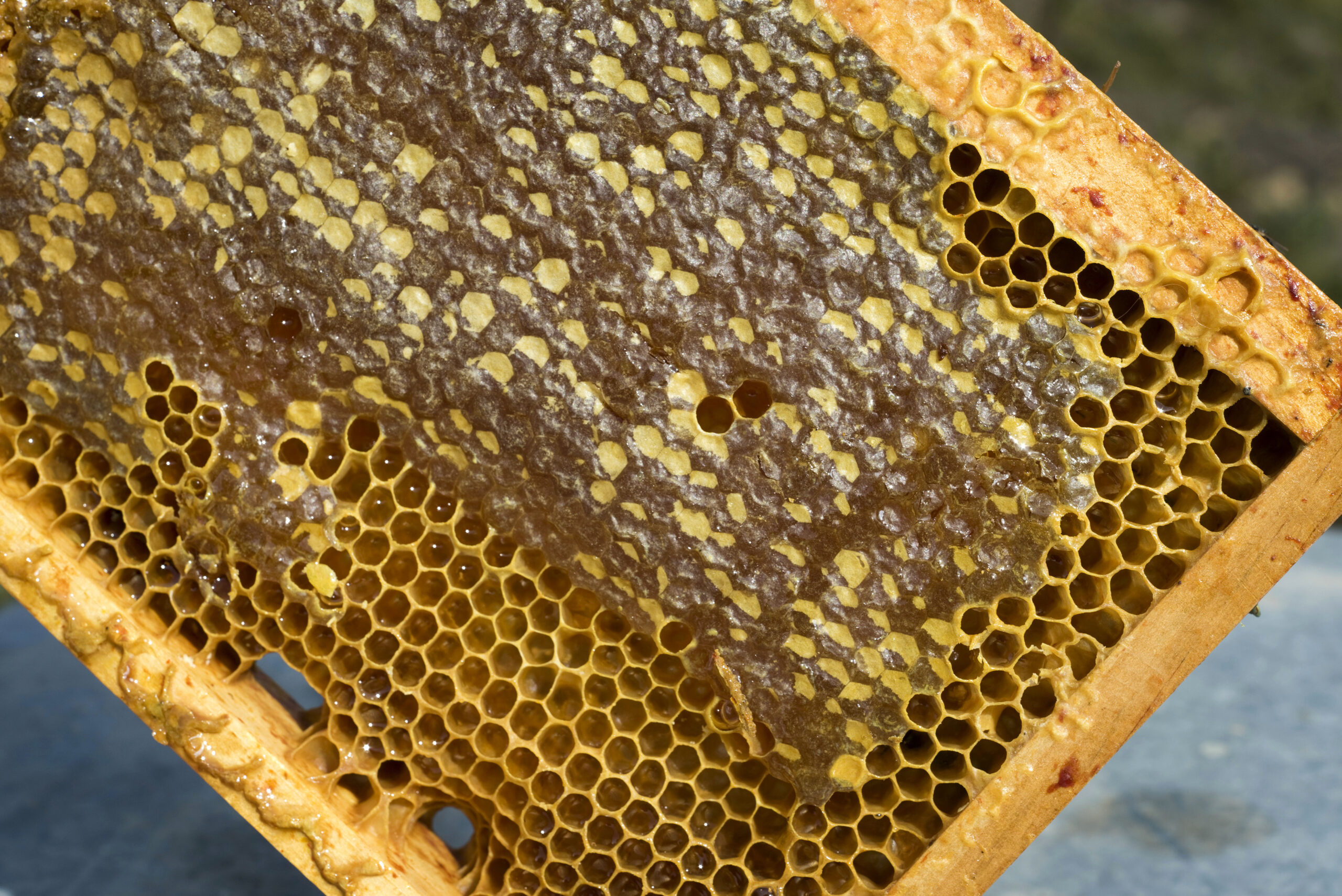
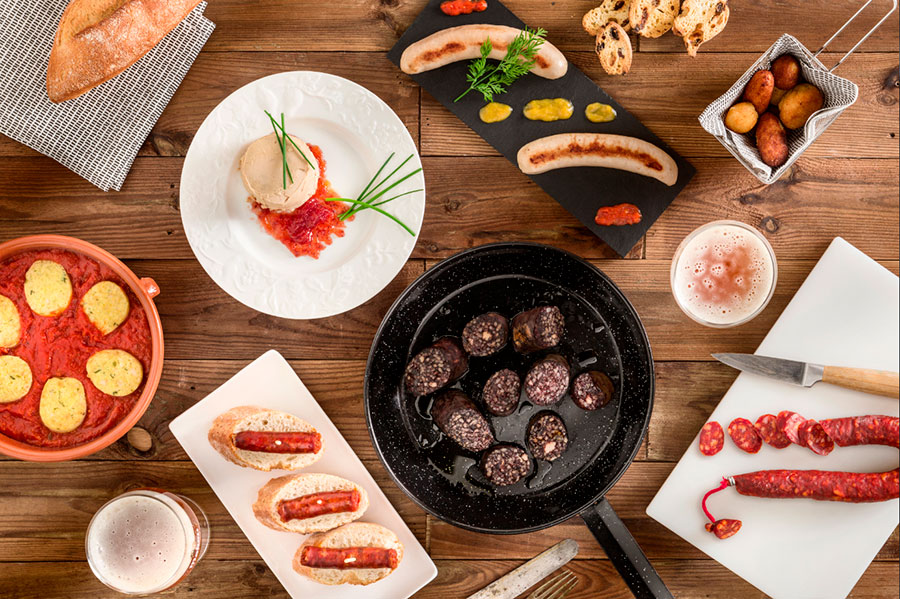
Products with the Navarra Artisan Foods label are produced with top quality raw materials in their most natural state and subjected to a rigorous selection process.
The production process respects or imitates natural processes, without forcing or accelerating them by physical or chemical means.
The use of additives which, even if legally authorised, simulate the natural raw materials, altering their colour, texture, smell or flavour, or increase shelf life at the expense of the virtues of the product is restricted.
These are small businesses with a family-type structure and fewer than ten workers. At the forefront of the production process is the figure of the artisan, who plays a direct role in the execution of the work. A prerequisite for this type of production is that part of the production process must be carried out by hand; although a certain degree of mechanisation is allowed in partial operations.
These industries respect traditional methods and do not use additives or only use natural additives, resulting in healthier products.
Official recognition of artisan or artisanal company status in the trades included in the Register of Artisan Agri-Food Trades of Navarra is granted by the Department of Rural Development, the Environment and Local Government. It is accredited by means of the corresponding artisanal qualification diploma and inclusion in the Register of artisanal agri-food companies.
Below is the list in the Register of Artisan Agri-Food Trades into which Artisan Foods can be divided. Each trade is regulated by Specific Artisanal Technical Standards.
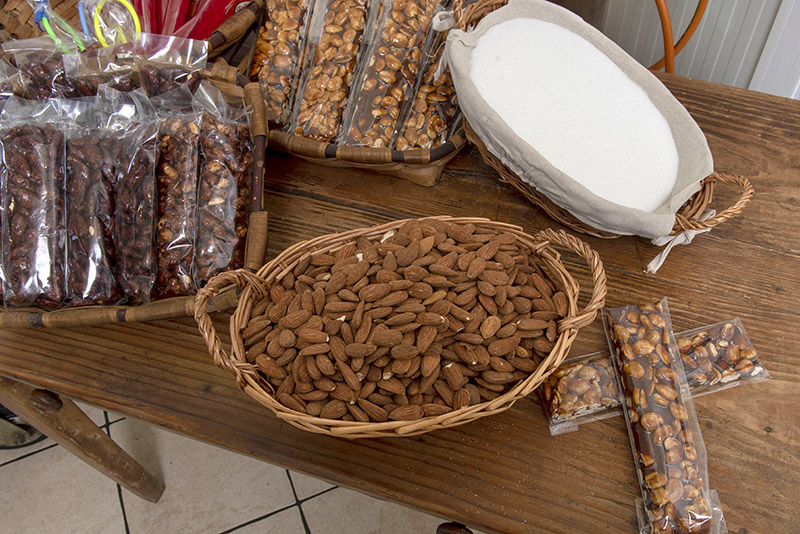
The current Artisan Foods label has its origin in the initiative of a group of eight companies that saw the need to group together with two fundamental objectives in mind: to standardise and control artisanal products.
The regulation for artisanal agri-food which existed at that time consisted of Regional Decree 103/1994, which was clearly insufficient, because it defined artisans and artisanal companies very ambiguously, and failed to define artisan products and a control system to guarantee the products covered. And so the Association created internal operating regulations which led to the Regulatory Provision of Artisan Agri-Food of Navarra contained in the Resolution of the Government of Navarra of 29 May 2000. This covers the characteristics which artisan products must possess, Specific Technical Standards for each product or group of products, the Artisan Agri-Food logo (the Association giving its permission to use its own) and approval of the assignment of management and control to the public enterprise INTIA.
The production of artisan agri-food is regulated in Navarra by Regional Decree 103/1994 of 23 May. Official recognition of artisan or artisanal company status in the trades included in the Register of Artisan Agri-Food Trades of Navarra is granted by the Department of Rural Development, the Environment and Local Government. It is accredited by means of the corresponding artisanal qualification diploma and inclusion in the register of artisanal agri-food companies.
The entire production process is controlled by Instituto Navarro de Tecnologías e Infraestructuras Agroalimentarias, the control and certification entity.
Identifying ‘Artisan Foods’ in the market is very simple. You simply have to make sure that the chosen product bears the ‘Alimentos Artesanos Navarra’ logo or the version in Basque ‘Artisau Elikagaiak Nafarroa’, which indicates that it complies with the Regulatory Standards of Artisan Agri-Food. A good number of these products bear the marks of both Artisan Foods and Reyno Gourmet.
They can be purchased directly from the producer and at fairs and markets, in specialised shops or delicatessens, and some are also available at supermarkets.
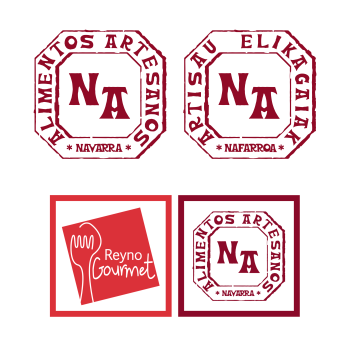
Want to be kept up to date on Reyno Gourmet’s news, events, competitions and promotions?
Leave us your email and periodically receive our newsletter in your inbox.
Responsible: Navarro Institute of Agro-food Technologies and Infrastructures, SA (INTIA) Purpose: Manage the sending of the requested information and in relation to the activity. Legitimation: Consent of the interested party. Recipients: No data will be transferred to third parties, except legal obligation. Rights: Access, rectify and delete the data, as well as other rights as explained in the additional information. Additional information: https://intiasa.es/es/nota-legal.html